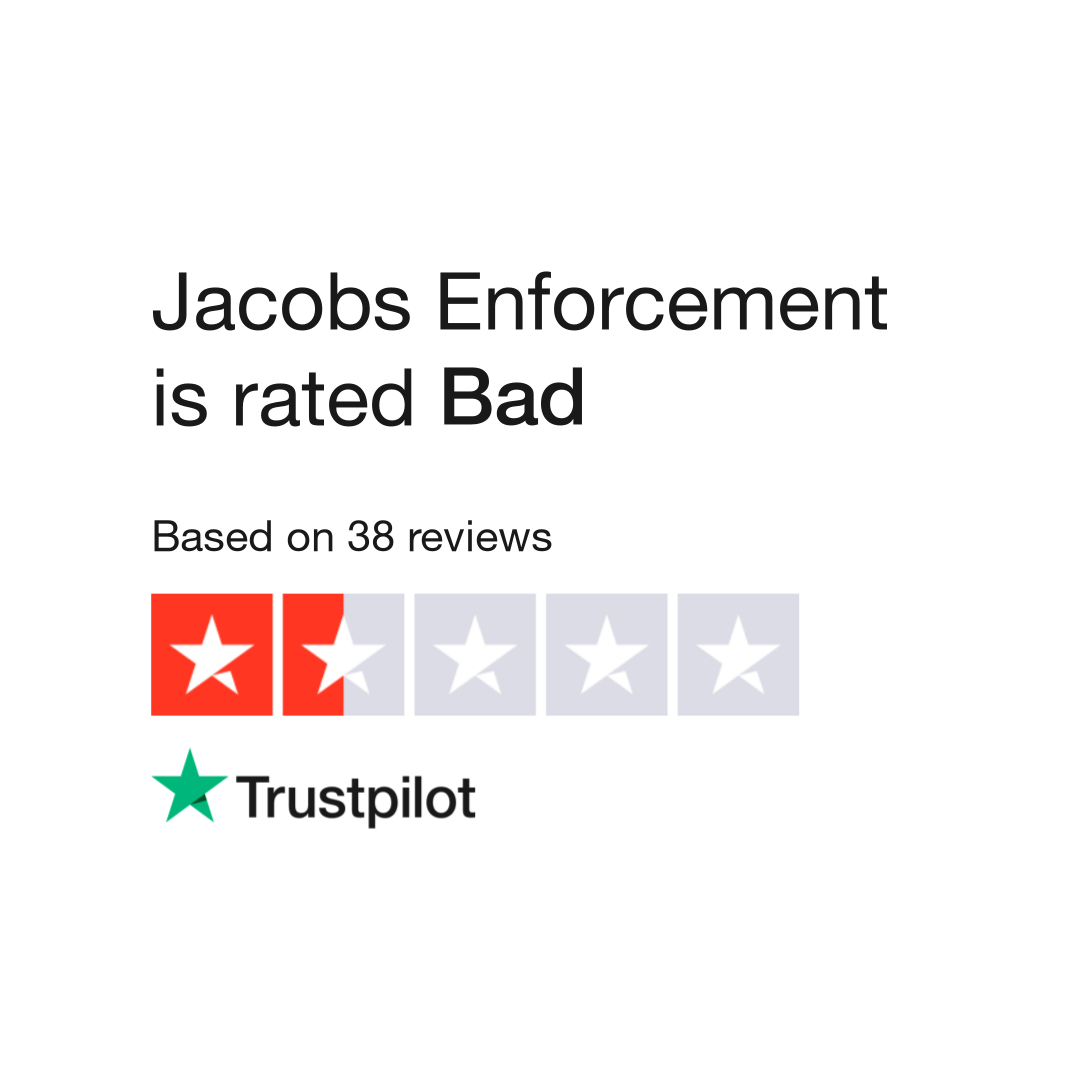How to Avoid Jacobs Enforcement

Jacobs Enforcement buys your debt and uses a stronger means of collection to collect it. In case of non-payment, debt collection agencies contact you to set up a payment plan. However, you must first prepare your income and expenditure form. This will help the agency calculate how much money they can collect from you. Read on to find out how you can avoid being contacted by these collectors. This article covers the various rules and regulations that govern their activities.
Taking control of goods (fees) regulations 2014
Fees can be charged by Jacobs bailiffs under the Taking Control of Goods (Fees) Regulations 2014. During the enforcement process, bailiffs can charge for each stage. Whether you are reclaiming your goods or selling them is a separate matter. The fees are set by the regulator, and are paid by the debtor. Jacobs can visit your property more than once during enforcement.
The fees charged by bailiffs cannot be recovered if the goods being seized are exempt from being sold. If there are children, vulnerable adults, or pets in the property, the bailiff may not take possession of the goods. If this is the case, bailiffs can make an Interpleader Claim. Under the regulations, bailiffs can only take the goods if there is no threat to the safety of the property or people on the property.
The Taking Control of Goods (Fees) Regulations 2014 also give debt relief to vulnerable debtors. These Regulations apply to most debt enforcements, except those handled through the High Court. There are exceptions for certain debtors, however, and it’s essential to consult with the debt charity services to determine whether you are vulnerable. These regulations may also affect your rights if you are underprivileged.
Fees charged by Jacobs Enforcement
If you have debts and are unable to pay them, you may be visited by a Jacobs enforcement agent. Jacobs must give you at least seven days notice before visiting your property. If you do not receive the warning, you may be asked to leave the premises, but if you do not do so, the enforcement agent can enter your property and take anything of value from you. Jacobs will charge you PS235 as a debt enforcement fee.
Generally, the fees charged by Jacobs Enforcement depend on the amount of debt that you owe. The first step in the enforcement process is to serve the debtor with an enforcement notice. This will give you 14 days to pay, but you must maintain the payment arrangements in order to avoid further action. If you can’t meet this deadline, the bailiff company will visit your home and sell the goods to recover debt.
Limitations on what they can take
You should know the limitations of what Jacobs Enforcement can take. The company can only come to your home during business hours, which means it cannot visit your home on weekends or during holidays. You must know what to expect on such a visit and be prepared to defend yourself. Enforcement agents are allowed to take your belongings to recoup your debt. In the process, they can remove any valuable items from your home. The good thing is that they do not take necessities like your phone or wallet.
The only things that bailiffs cannot take are your white goods. These include your washing machine, refrigerator, freezer, and cooker. They cannot take any other items from your home, like your dining table and clothes. You can even ask them to leave if you do not want them there. However, if you have joint ownership of these items, the bailiffs can’t take them. This is because it can be difficult to prove it. In addition, they can’t take your phone or landline.
Ways to avoid them
If you’re struggling to pay your debts, you may be wondering how to avoid Jacobs Enforcement. Although Jacobs do not have legal entry powers, they can send bailiffs to your house or business to collect their money. They will contact you relentlessly until they collect the debt. Here are some tips on how to avoid Jacobs Enforcement. Read on to learn how to avoid bailiff visits and how to pay off your debts faster.
The first thing to do is to ensure that you have a plan in place to pay your debts. If you cannot pay your debts in full, you will receive a letter from Jacobs Enforcement Group. This letter will include the full amount owed, any penalty charges, and the deadline. If you fail to pay your debts, the bailiffs may visit your home, threatening to take your property. In the worst case scenario, you could even be declared bankrupt.
How to Avoid Jacobs Enforcement was first seen on Debt Worries